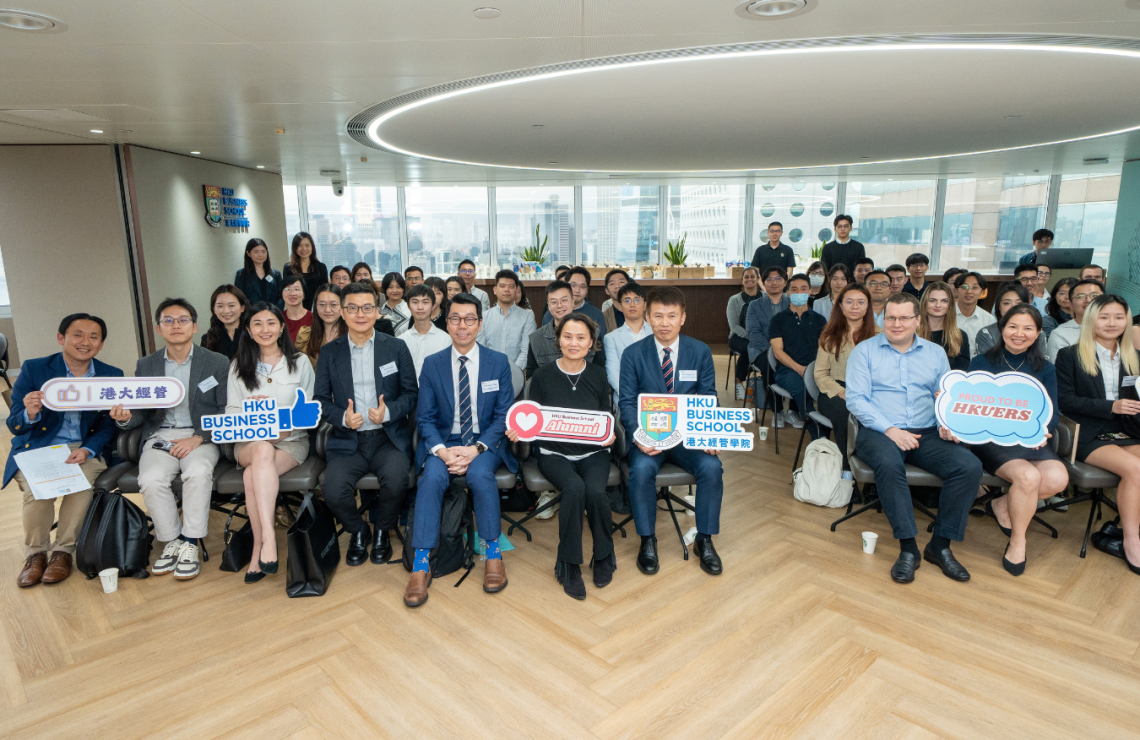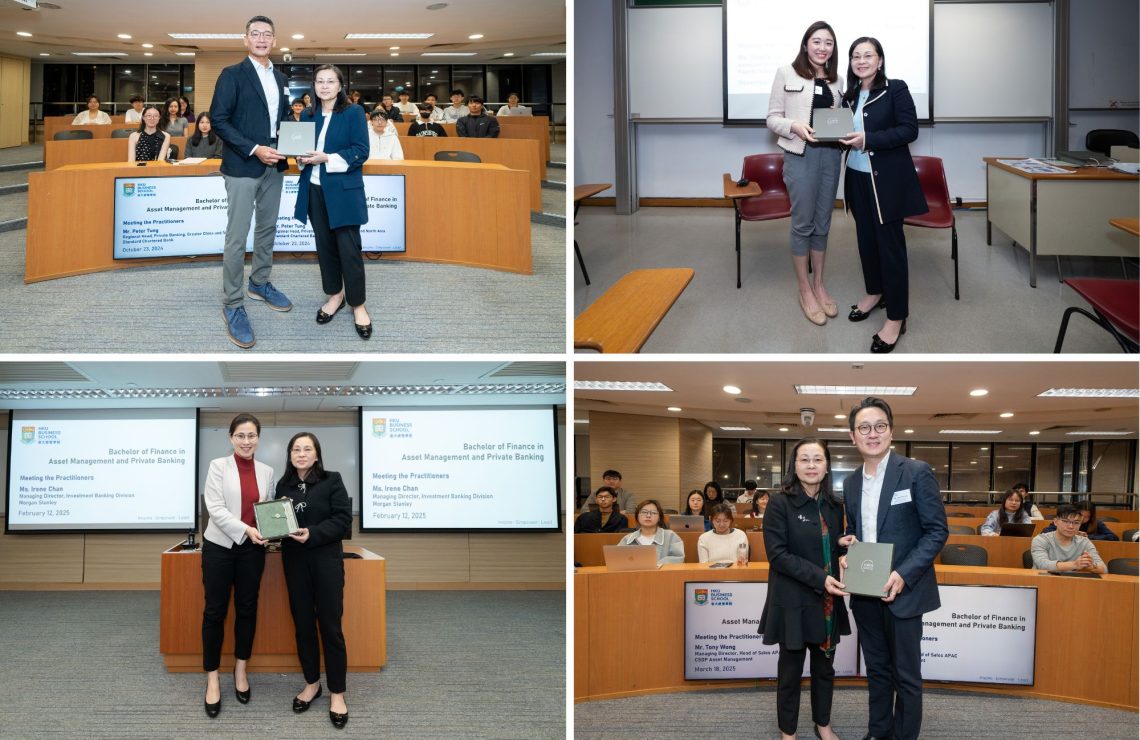Descend from the lineage of marketing: Dr. Mengzhou ZHUANG
It’s a Family business
As both Dr. Zhuang’s parents are professors in marketing, Dr. Zhuang had been accompanying them in research work from a young age. Even though Dr. Zhuang has eventually followed his parents’ footsteps, he had once rebelled and picked electronics engineering as his undergraduate major. However, at the end of the day, marketing is still the apple in his eye.
“Compare with cold machinery, it is more engaging to interact with people”
Is an academic career worth pursuing? To students aspiring to become a professor, Dr. Zhuang has three cues for them in different stages of the process.
First, think twice before getting started. Being an academic is grueling. One must be very passionate about the discipline. Otherwise, working 24/7 on something you are uninterested in would be excruciating.
Second, never look back during the process. Since the path is not easy, the willingness to let yourself be consumed by research work is the key to run the gauntlet.
Third, it is ok to give up after you tried. Life is all about making choices and choices made could be both right and wrong. It is fine to step back at dead ends but unwise to limit our options.
Interdisciplinary is the key to excel
Dr. Zhuang believes that students with the aspiration to excel in the industry should focus on the latest marketing trends and must develop their acumen in the fields of data mining and AI. Dr. Zhuang observes that the act of persuading without evidence has become an endemic among business students. In the era of data, effective marketing strategies must be supported by concrete and meaningful evidences. Therefore, marketing students must work hard on their numerical reasoning skills.
Multichannel pricing is a heated topic
Currently, Dr. Zhuang is researching on the topic of cross-channel pricing strategy. He discovered that some companies will charge different prices across different sales channels. In the context of mainland China, after a price integration policy was introduced by an omni-channel retailer in 2013, the sales of most products will first decrease and later increase. He believes that the sales fluctuation is attributed to the three kinds of reactions made by consumers in response to price integration.
At the extremes, price-sensitive and experience-sensitive consumers will react oppositely. Price-sensitive consumers will shop less immediately after the price change as price-integration has decreased the low-priced channel’s competitiveness. On the other hand, experience-sensitive consumers may even increase their consumption because of a discrimination-free shopping experiences. Nonetheless, the majority of consumers will quit buying at the first place, and, after a period of accommodation, resume shopping as price integration has reduced their chances of being price discriminated by choosing the wrong channel.
Dr. Zhuang believes that his research findings can provide retailers with a clearer picture about the nature of pricing tactics in the omni-channel retail era. With this information in hand, retailers should be able to decide their multi-channel strategy and develop more effective marketing plans to target different groups of consumers.
What makes a good advertisement?
As a marketing expert, Dr. Zhuang believes that a good ad has to strike a balance among attractiveness, effectiveness, and relevance. For instance, Thai ads are renowned for their immersive viewing experience, the story may drag consumers’ focus away from the advertised product, leading the ads to be ineffective. However, an ad focusing only on the functionalities may be boring to watch. In the online media era, the relevance of ads is increasingly important. An effective ad must be relevant to the contextual preferences of its target consumers. Therefore, putting ads on YouTube under its current matching algorithm might not be a good idea, as it is ineffective in matching relevant ads with relevant audience, making ads more of a nuisance to them.
Way forward in HKU Business School
Before joining the University of Hong Kong (HKU), Dr. Zhuang had taught in the US and he really enjoys the classroom dynamics there. In contrast to the environment of Asian classrooms, he believes that the casual classroom environment in US facilitates teachers to bond with students and encourage intensive knowledge sharing. Dr. Zhuang comments that the young generation is very smart and creative as he can often learn more about the latest global trends from them. What these kids need are enlightenment and guidance from an experienced teacher to unleash their potential.
Now teaching introductory courses in HKU, Dr. Zhuang has changed his views towards HKU students over time. While students might be initially a bit introverted, they have gradually opened up during class discussions. He looks forward to cultivating their interests in marketing.







